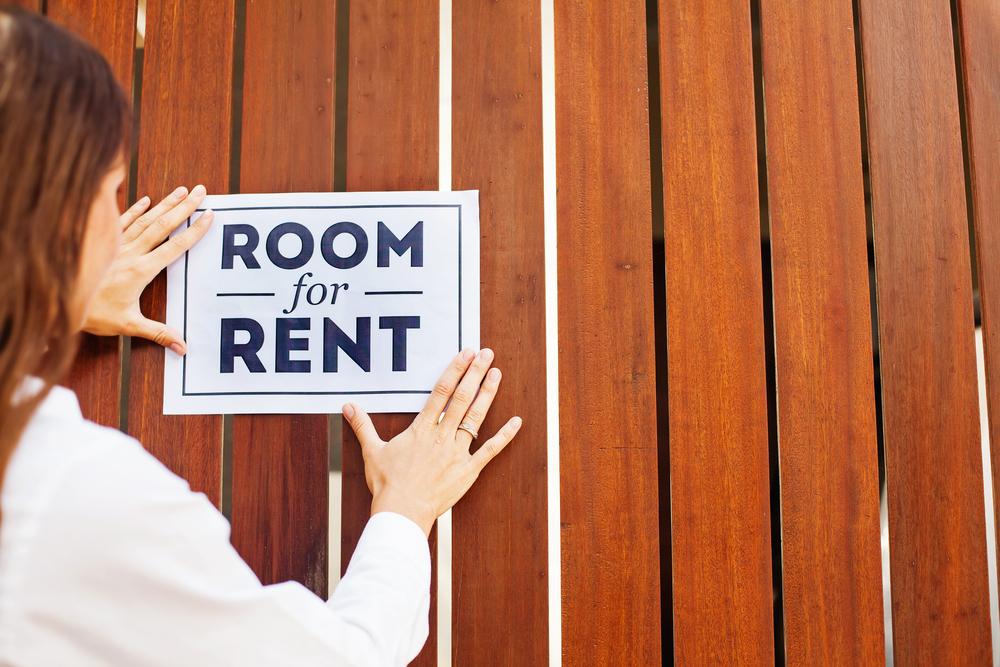Essential Questions to Ask a Landlord Before Renting a Property
Discover essential questions to ask your landlord before renting a property. Learn how to clarify payment terms, lease conditions, security deposits, and guest policies. Asking these questions ensures transparency, avoids conflicts, and helps you secure the best rental agreement. This comprehensive guide prepares prospective tenants for a smooth leasing process, ensuring a positive rental experience from start to finish.

Securing the ideal rental property goes beyond just finding a place that fits your needs. It involves careful preparation and asking the right questions to ensure a smooth and transparent leasing experience. Potential tenants should engage in meaningful communication with landlords or property managers to clarify all key aspects of the rental agreement before signing any documents. Being proactive and informed helps prevent misunderstandings, surprises, or disputes during the tenancy. This comprehensive guide highlights the crucial questions you need to ask your prospective landlord to secure a beneficial rental arrangement.
One of the primary questions to clarify is the payment process. Ask the landlord about the preferred method of rent payment—whether it’s cash, check, wire transfer, or online payment platforms. Different landlords might have specific preferences, and understanding this upfront ensures you are prepared to meet their expectations. Additionally, inquire about any late fee policies associated with delayed payments. Knowing the penalties or additional charges helps you manage your budget effectively and avoid unnecessary disputes. Clarifying these terms early on sets a professional tone and helps you plan your finances accordingly.
Another critical area is the lease agreement itself. It’s essential to review the contract thoroughly before signing. Pay attention to the notice period required for terminating the lease—whether it’s 30, 60, or 90 days—and understand the procedures involved in moving out. Ask about any specific clauses related to renewal or non-renewal of the lease and whether there are penalties for early termination. Ensuring clarity on these points gives you flexibility and control over your tenancy duration. Furthermore, discuss the landlord’s expectations on property maintenance and responsibilities during the lease period, including any rules for alterations or improvements.
Guests and subletting are other key topics that tenants should address. Ask about the landlord’s policies regarding visitors—whether there are restrictions on duration or number of guests—and whether subletting is permitted. If subletting is allowed, clarify any conditions or approval processes involved. These details are crucial in preventing future conflicts or violations of lease terms. Security deposit conditions are equally important to discuss. Inquire about the exact refund process, timeline, and conditions for deducting costs for damages or unpaid rent. Understanding the property’s condition requirements upon move-out helps prevent deposit disputes.
Other questions to consider include the availability of utilities and amenities, responsibilities for repairs, and the process for reporting issues. It’s also wise to ask if there are any upcoming renovations or changes planned that could affect your tenancy. Building a transparent communication line with your landlord fosters trust and ensures a harmonious rental relationship. Remember, asking detailed questions before signing the lease not only protects your interests but also paves the way for a positive and worry-free rental experience. Being well-informed is the key to turning your rental into a comfortable and conflict-free living space.





